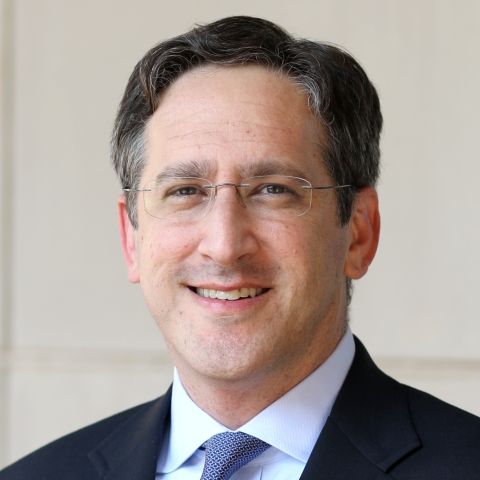Catholic integralism has reemerged as a radical critique of liberalism and as a potential source of justification for illiberal regimes. Integralists argue that liberalism is a relentless and destructive ideology. They claim that the only way to remedy its failures is for political society to recognize and be integrated with the Church. After providing some background in earlier antiliberal thought, focusing on Carl Schmitt’s political idea of Catholicism, we survey recent work on Catholic integralism and describe its influence in contemporary public discourse. We then argue that integralism is unreasonable, because it conflicts with treating citizens as free and equal participants in a fair system of social cooperation and with respecting the idea of reasonable pluralism. Working out the moral and epistemic content of these commitments, and applying them in the context of a well-known historical example (the case of Edgardo Mortara), helps explain why integralism is morally objectionable from a liberal perspective.
For the over half-million people currently homeless in the United States, the U.S. Constitution has historically provided little help: it is strongly...
Gradualism should have won out in Dobbs v. Jackson Women’s Health, exerting gravitational influence on the majority and dissenters alike. In general...
Today, legal culture is shaped by One Big Question: should courts, particularly the US Supreme Court, have a lot of power? This question is affecting...
Constitutional review is the power of a body, usually a court, to assess whether law or government action complies with the constitution. Originating...
Liberalism is back on its heels, pushed there by political movements in the United States and Europe and by the critiques of legal scholars and...
Cyber stalking involves repeated, often relentless targeting of someone with abuse. Death and rape threats may be part of a perpetrator’s playbook...
Fifty years ago, federal and state lawmakers called for the regulation of a criminal justice “databank” connecting federal, state, and local agencies...
In the last few years, the Supreme Court has upended its doctrine of religious freedom under the First Amendment. The Court has explicitly rejected...
During times of crisis, governments often consider policies that may promote safety, but that would require overstepping constitutionally protected...
The United States has granted reparations for a variety of historical injustices, from imprisonment of Japanese Americans during the Second World War...
This Article develops a new way of understanding the law in order to address contemporary debates about judicial practice and reform. The...
In New York State Rifle & Pistol Association v. Bruen, Justice Thomas’s majority opinion announced that the key to applying originalist methodology...
In Poland, Venezuela, Rwanda, and several other countries, governments have in the past years altered basic rules of their constitutional system to...
In Chile, many commentators, academics and political leaders have spent years arguing that the limited nature of the social rights in the national...
The demise of Roe v. Wade has raised a host of religious liberty questions that were submerged prior to the Supreme Court’s decision in Dobbs v...
